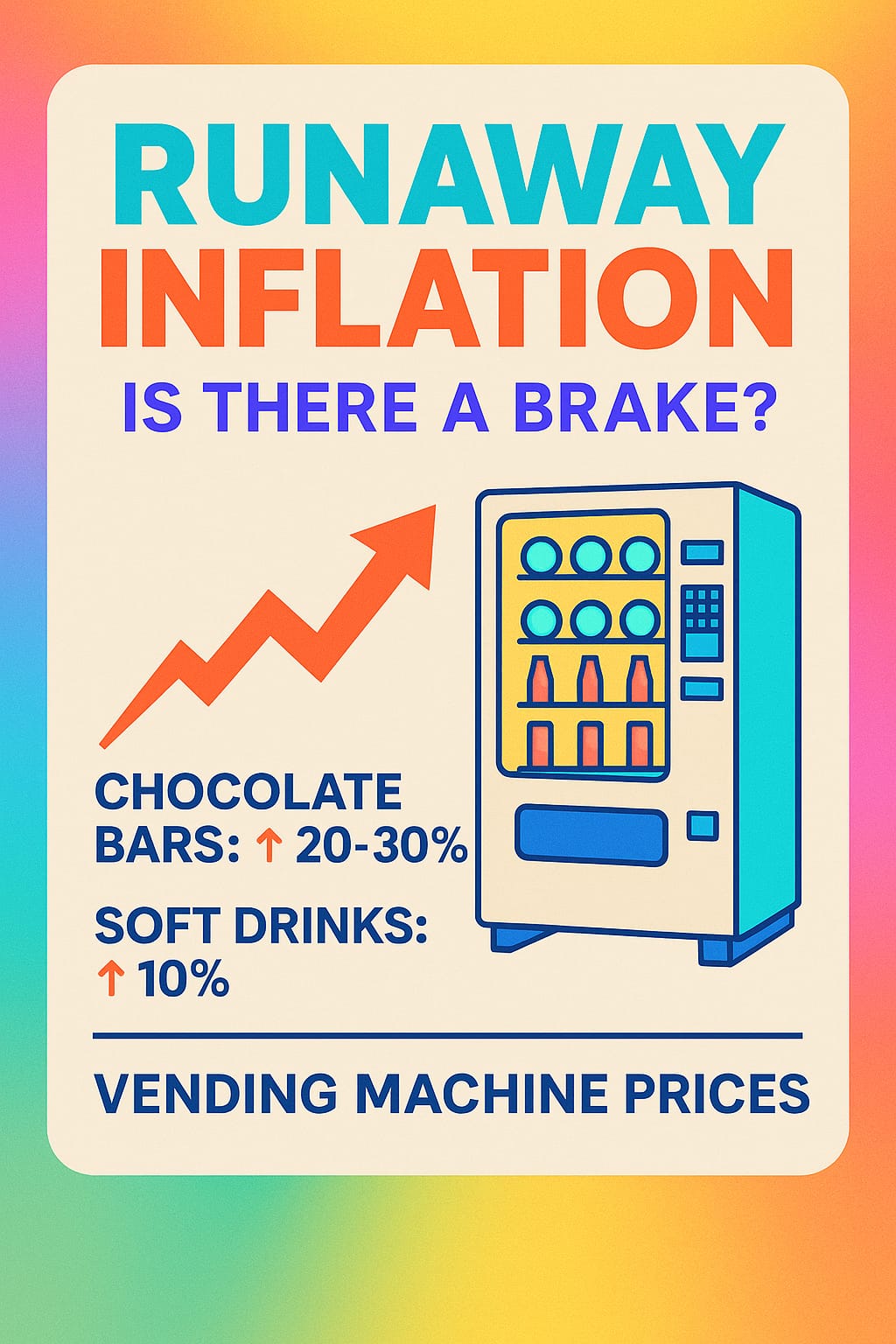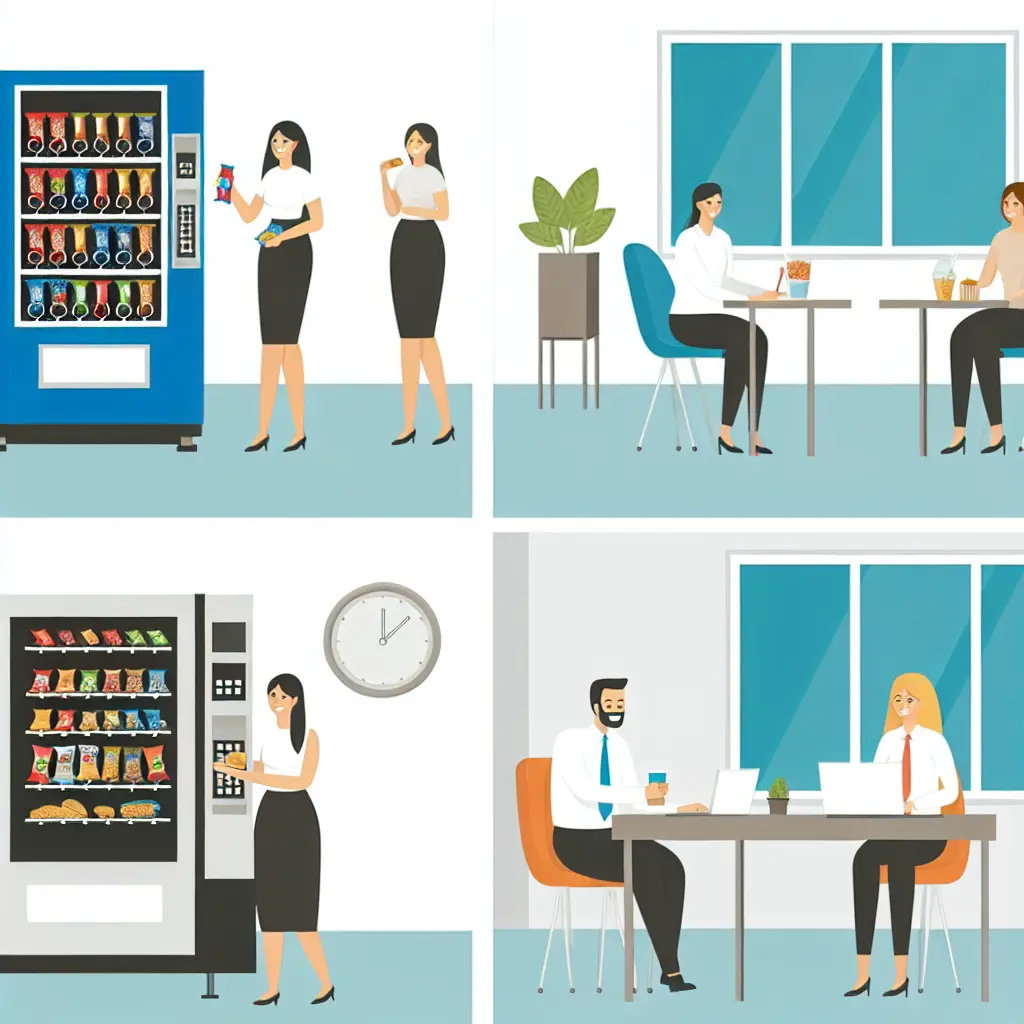BLOG
Integrating Ireland’s Deposit Return Scheme with Vending Machines: A Sustainable Move
As the world becomes more aware of the environmental impact of single-use plastics, countries are taking steps towards implementing sustainable solutions. Ireland is leading the way with its Deposit Return Scheme (DRS), which encourages the recycling of beverage containers. In a bid to further enhance the effectiveness of this scheme, integrating it with vending machines can be a game-changer.
The Benefits of Ireland’s Deposit Return Scheme
Ireland’s Deposit Return Scheme has already proven to be successful in reducing litter and increasing recycling rates. The scheme requires a deposit to be paid on beverage containers at the point of purchase, which is then refunded when the container is returned for recycling.
By incentivizing consumers to recycle, the scheme has resulted in a significant decrease in the amount of plastic waste ending up in landfills or polluting our oceans. It has also created new opportunities for job creation and economic growth in the recycling industry.
Integrating DRS with Vending Machines
Integrating Ireland’s Deposit Return Scheme with vending machines can further enhance its impact and make recycling even more convenient for consumers. Vending machines are already widely used for the purchase of beverages, making them an ideal platform for the implementation of the DRS.
Here’s how the integration can work:
- Vending machines can be equipped with a mechanism to accept empty beverage containers.
- When a consumer returns an empty container to the vending machine, the deposit amount is refunded to them.
- The machine can then sort and store the returned containers for recycling.
This integration would make it easier for consumers to participate in the DRS. Instead of having to visit a separate recycling center, they can conveniently recycle their beverage containers at the same place they purchase them.
The Environmental Impact
The integration of Ireland’s Deposit Return Scheme with vending machines would have several positive environmental impacts:
- Increased recycling rates: By making recycling more accessible, the integration would likely lead to higher participation rates and increased recycling of beverage containers.
- Reduction in plastic waste: With more beverage containers being recycled, there would be a significant decrease in the amount of plastic waste ending up in landfills or polluting our environment.
- Energy and resource conservation: Recycling beverage containers reduces the need for raw materials, energy consumption, and greenhouse gas emissions associated with the production of new containers.
The Future of Sustainable Vending Machines
Integrating Ireland’s Deposit Return Scheme with vending machines is just one example of how technology can be harnessed to promote sustainability. As the world continues to prioritize environmental conservation, we can expect to see further innovations in vending machine technology.
For instance, vending machines could be designed to dispense beverages in reusable containers, eliminating the need for single-use packaging altogether. Alternatively, they could offer a wider range of sustainable beverage options, such as plant-based drinks or beverages packaged in eco-friendly materials.
By embracing these advancements, vending machines can play a crucial role in reducing plastic waste and promoting a more sustainable future.
Conclusion
The integration of Ireland’s Deposit Return Scheme with vending machines is a sustainable move that can have a significant impact on recycling rates and plastic waste reduction. By making recycling more convenient for consumers, we can encourage widespread participation in the scheme and create a cleaner, greener future.
As we continue to explore innovative solutions, it is important to remember that each small step towards sustainability counts. Integrating the DRS with vending machines is a step in the right direction, and we can look forward to a future where recycling is not only easy but also the norm.





